Like my back, our pickup truck creaks a lot more than it used to, but still functions. I take this as an augury that another season of vegetable growing is possible; indeed, with an April share already behind us, it seems to have lept underway.
Both back and truck are indispensable to the enterprise of farming, though I got along without the second for a number of years simply by using my Geo Metro as a truck instead. I hauled uncountable tons of compost to my farm in it, which eventually led to blowing two of the three cylinders, as you would expect from a vehicle rated at 550 lbs live load. (Incidentally, the car operated fine, if wimpily, on one cylinder). After having the valves replaced I was able to keep hauling compost for several additional years. The setup was fuel efficient and cheap, minus the valve-job.
Rob, upright, and pausing from the rhubarb harvest. Photo by Erin Schneider
The '97 Nissan pickup is also often overloaded since this is the most efficient way to move things, though perhaps not cheapest in the long run. Road gravel is the usual cargo which I find myself schlepping a dozen times or more each year from the local materials yard to throw, by shovelfuls, into the ruts which climate change + gravity conspire to carve down the slopes of our driveway.
Farming involves an awful lot of moving things against gravity, so I'm glad my back has lasted. Like the truck, it has slowed down but still moves, so I am thankful.
…............
I remain thankful as well that the tonnages of water that the atmosphere carries north from the tropics every year continue to be moved, but their timing and volume have grown worryingly erratic. We ended the 2016 growing year with a 7-week wet spell that destroyed half our cucumber crop, made mush of our leeks and rendered our winter squash stringy and insipid. April 2017 is providing another bath: four inches of rain since the 10th of the month have made our ground unplantable with another deluge on Beltane weekend putting our allium and brassica planting off, likely, until the second week of May.
For what it's worth, that recent four inches of water – if considered over the the roughly 1.25 acres we have under cultivation between the the orchard and the gardens – represents 565 tons. The 20 inches we need (at minimum) over the course of a growing season therefore equates to 2,825 tons of water, an amount I'm glad I don't have to haul from the Gulf of Mexico myself, either by truck or by back. I'm not sure agricultural economists keep track of this sort of embedded value-added when assessing the possible costs of climate-change, but they could get a good analysis from any Midwestern farmer coping with an increasingly chaotic and unpredictable supply of moisture.
Another upright pause to stop and inspect the cherry blossoms saturated after a showery end to April. Photo by Erin Schneider
Despite the soggy start, I'm hoping 2017 proves less hydrologically challenging than its predecessor but it's already looking like – barring the possibility of another early round of perennial vegetables this coming weekend – the next share may not be ready until the 21st of May, despite the early green-up.
But, hopefully that'll give me time to take the oil-can to my back.



